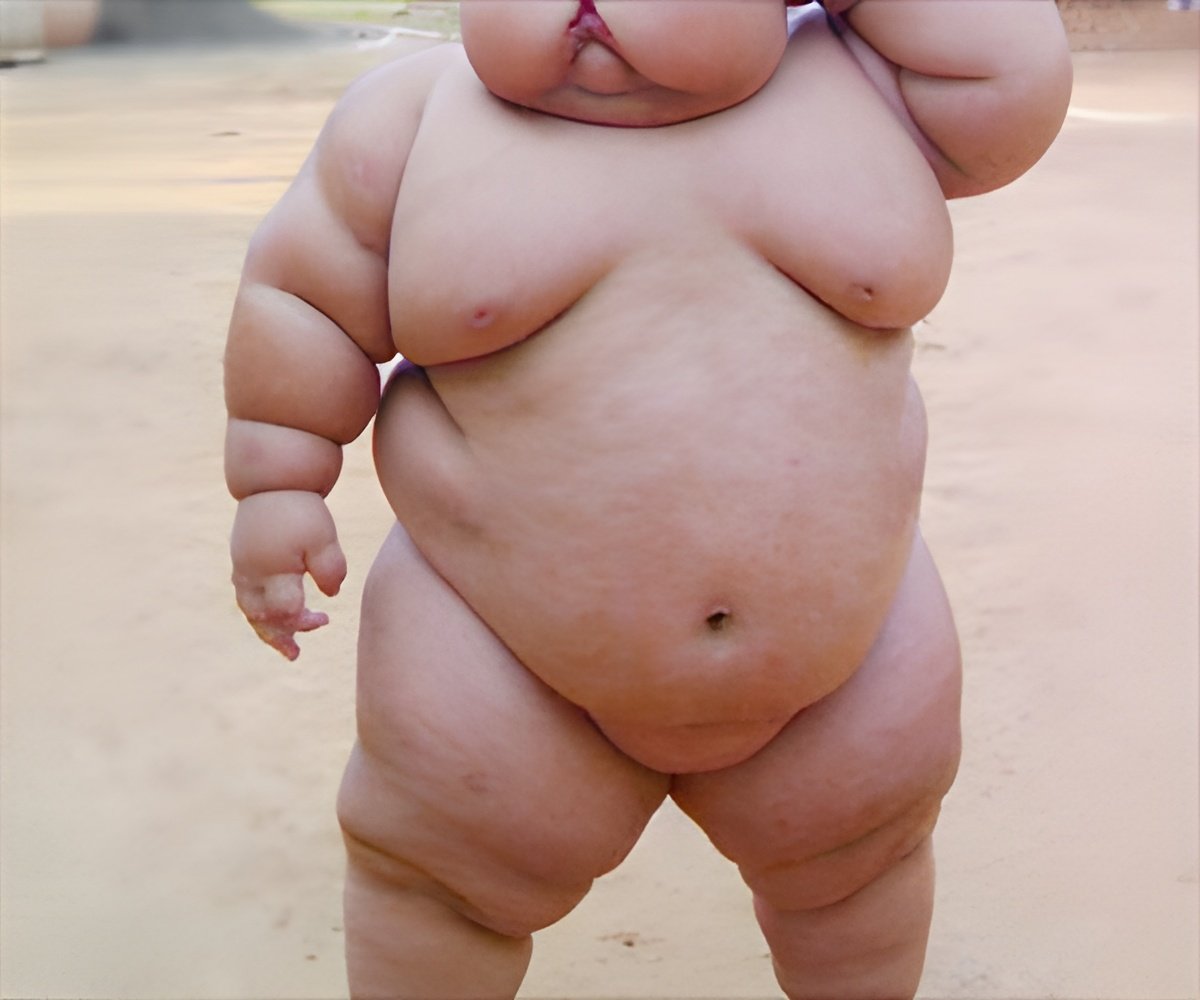The guardians of a three-year-old Brazilian boy who apparently weighs 154lb say they are desperate for him to stop gaining weight.

His parents say, he now weighs 70kg (154lb). Health experts now believe he may be suffering from Prader–Willi syndrome (PWS), a chronic feeling of hunger that can lead to excessive eating and life-threatening obesity.
The boy also suffers from an underactive thyroid or hypothyroidism- which can cause weight gain - and his parents say medication to help treat this is not helping. “Even taking him to the doctor or leaving the house with him is difficult,” says Michael, father of the kid.
Transporting Misael - who has behavioural problems - is so problematic that his family members, from Cachoeiro de Itapemirim, Espirito Santo, are forced to hire a private taxi.
“When we walk down the street, people stop, want to take pictures with him. People say that they never saw a boy in this size. They want to know how old he is, how much he weighs,” Michael adds.
Symptoms of PWS may include constant craving for food, which can easily lead to dangerous weight gain, poor physical growth and learning difficulties.
Advertisement
The variety of symptoms can range from poor muscle tone during infancy to behavioral problems in early childhood. While PWS itself is not lethal, the compulsive eating and resulting weight gain can be.
For parents, the managing challenges include dealing with their child's behavioural problems and excessive eating. Restricting a child's diet is a particularly significant part of managing their condition. During infancy, subjects should undergo therapies to improve muscle tone.
Source-Medindia









